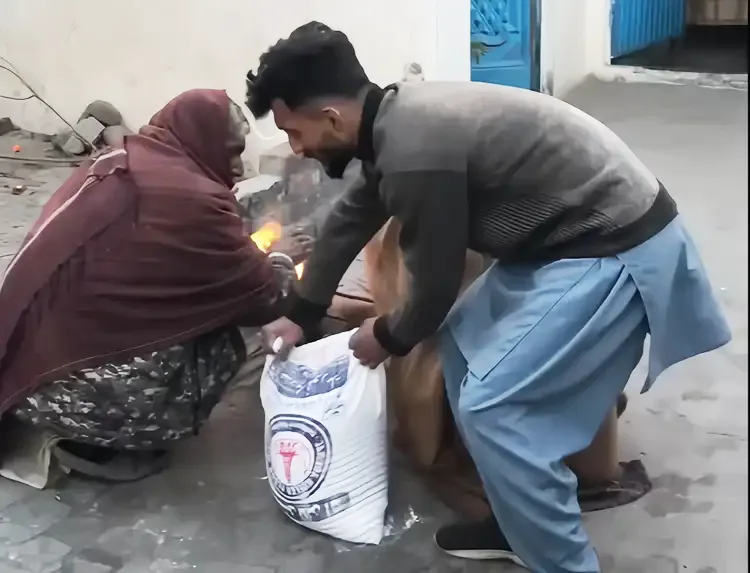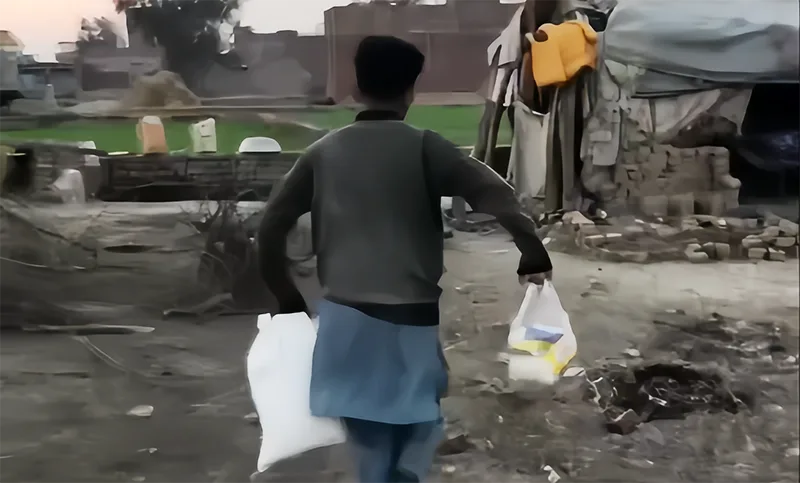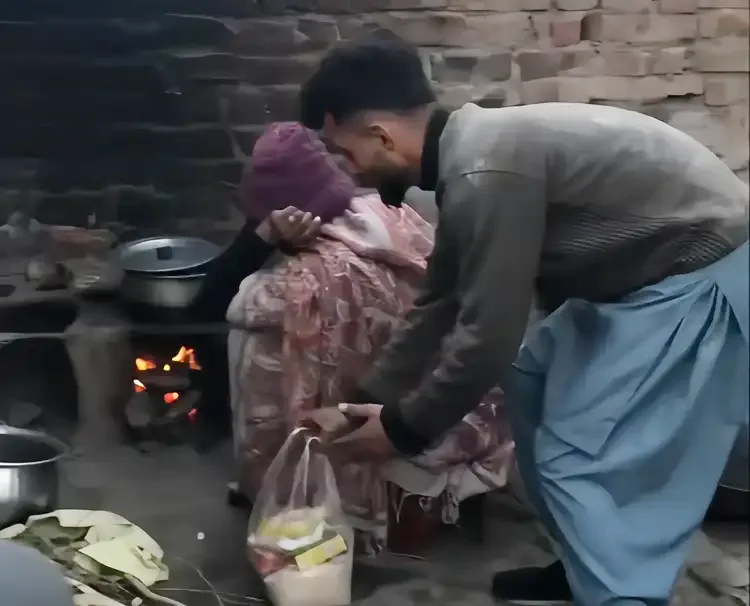K1 Charitable Foundation provides urgently needed winter supplies to low-income families in Pakistan every year to help them survive the cold winter safely and solve the heating difficulties and life pressure they face. Winter temperatures in Pakistan drop dramatically, especially in remote rural areas, making living conditions for low-income families even more difficult. Lacking enough warm clothing and food, these families often face huge challenges to survive in the winter. In order to improve this situation, the K1 Charity Foundation decided to launch the “Winter Material Assistance Program” to provide low-income families with necessary cold-proof materials and daily necessities to ensure that they can survive the cold winter and stay warm and healthy.

challenge:
Difficulties of low-income families in winter Many low-income families in Pakistan cannot afford the equipment and supplies needed for heating in winter. The cold weather in winter has greatly reduced their quality of life, especially in the north and mountainous areas, where temperatures often drop below freezing. Family members often face health problems caused by the cold, especially children and the elderly. Due to a lack of resources, these families do not have enough money to buy warm clothes, food and blankets. Every winter, many families face the dilemma of being unable to keep out the cold.

According to statistics, low-income families in Pakistan usually spend a lot of time and energy looking for ways to heat their homes, and some even have to rely on simple fires for heating. This heating method is not only inefficient, but also poses safety risks. In cold weather, many people suffer from respiratory diseases, arthritis and other cold-related health problems because they do not have enough cold-proof supplies. Children’s studies are also affected, and many children are unable to go to school normally because of the cold.
Solution:
Providing comprehensive winter material assistance In order to help low-income families solve the problems of winter food, cold-proof materials and daily necessities, the K1 Charity Foundation launched the “Winter Material Assistance Program”. Through this program, K1 Charity Foundation provides low-income families with necessary winter supplies such as food, daily necessities, thick clothing, and blankets. By distributing items such as food packages, warm clothes and blankets, we ensure that each recipient family can stay warm during the cold winter and reduce illnesses caused by cold weather. The implementation of this plan not only helped families solve the problem of keeping out the cold, but also greatly reduced the burden on low-income families, especially women and children. By providing cold-warming supplies and daily necessities, K1 Charity Foundation has effectively reduced their burden, allowing them to focus on taking care of their families and children, and improving their quality of life.
Long term effects:
Bringing far-reaching changes to low-income families, the “Winter Material Assistance Program” is not just a short-term material donation, it will have a long-term impact on low-income families. First, by ensuring that every family has access to basic food, cold-weather supplies and necessities, K1 Charitable Foundation helps them survive the difficult winter, allowing them to restore their health and reduce health problems caused by cold weather. This material assistance program directly improves the quality of life of family members and reduces diseases caused by insufficient protection from the cold. It is especially crucial to protect vulnerable groups such as the elderly and children.

Secondly, with the arrival of material assistance, women and children from low-income families will no longer have to delay their studies and social activities due to long hours of work such as collecting water and heating. In the past, children often missed school and lost learning opportunities because they were unable to stay warm during the winter. Now, they can focus more on education and personal development, improving their future socioeconomic status. In addition, women can also get more time and opportunities to participate in community construction and improve their social status and economic ability. More importantly, as the living conditions of low-income families improve, these families are expected to gradually escape poverty and move towards a healthier and more prosperous future.

